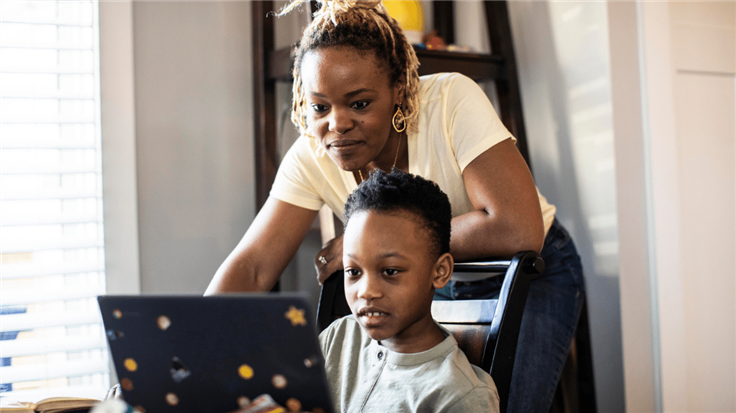In the age of technology, children are growing up surrounded by digital devices and the internet. While these tools offer immense educational and entertainment opportunities, they also come with risks that parents cannot afford to ignore. Monitoring your child’s computer usage has become an essential aspect of responsible parenting in the digital era. In this blog post, we’ll explore the importance of keeping a close eye on your child’s online activities.
1. Online Safety: Protecting Against Cyber Threats
The internet is a vast landscape filled with both valuable resources and potential dangers. Children might unknowingly encounter inappropriate content, cyberbullying, or even fall victim to online predators. By monitoring your child’s computer usage, you can better safeguard them against these risks, ensuring they have a safe online experience.
2. Time Management: Balancing Screen Time
Excessive screen time can have adverse effects on a child’s physical and mental health. Monitoring computer usage allows parents to enforce healthy screen time limits, ensuring that children strike a balance between online and offline activities. This is crucial for promoting physical activity, social interactions, and a good night’s sleep.
3. Educational Guidance: Enhancing Learning Opportunities
The internet is a treasure trove of educational content, but it also contains distractions that can hinder your child’s academic progress. By monitoring their computer usage, you can guide them towards age-appropriate educational materials, interactive learning platforms, and help them develop responsible research habits.
4. Building Trust and Open Communication
Establishing an open line of communication with your child is vital. Regularly discussing their online activities creates an atmosphere of trust. When your child understands that you are monitoring their computer usage out of concern for their well-being, it fosters an environment where they feel comfortable sharing their experiences and concerns.
5. Developing Responsible Digital Citizenship
Teaching your child responsible digital citizenship is a crucial life skill. By monitoring their online behavior, you can guide them in understanding the importance of respecting others’ privacy, being mindful of their own digital footprint, and recognizing the consequences of their actions in the virtual world.
6. Early Intervention: Addressing Issues Promptly
Monitoring your child’s computer usage allows you to identify potential problems early on. Whether it’s signs of cyberbullying, exposure to inappropriate content, or engagement in risky online behavior, early intervention enables parents to address issues promptly and guide their children towards making better choices.
7. Parental Controls: Empowering Parents
Many devices and platforms offer parental control features that allow you to set age-appropriate content filters, monitor online activities, and enforce screen time limits. By utilizing these tools, parents can actively participate in shaping their child’s digital experience and ensuring it aligns with their family values.

